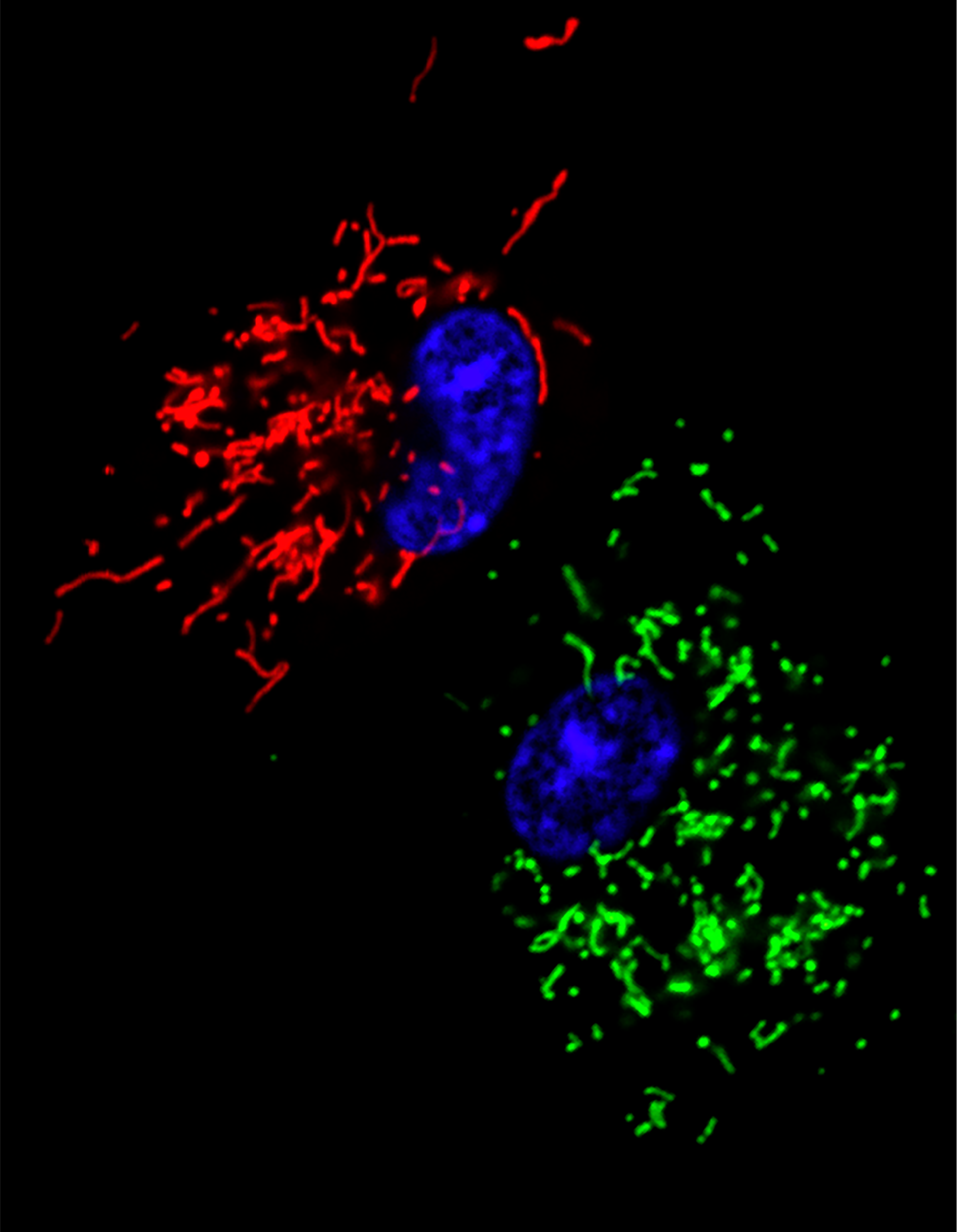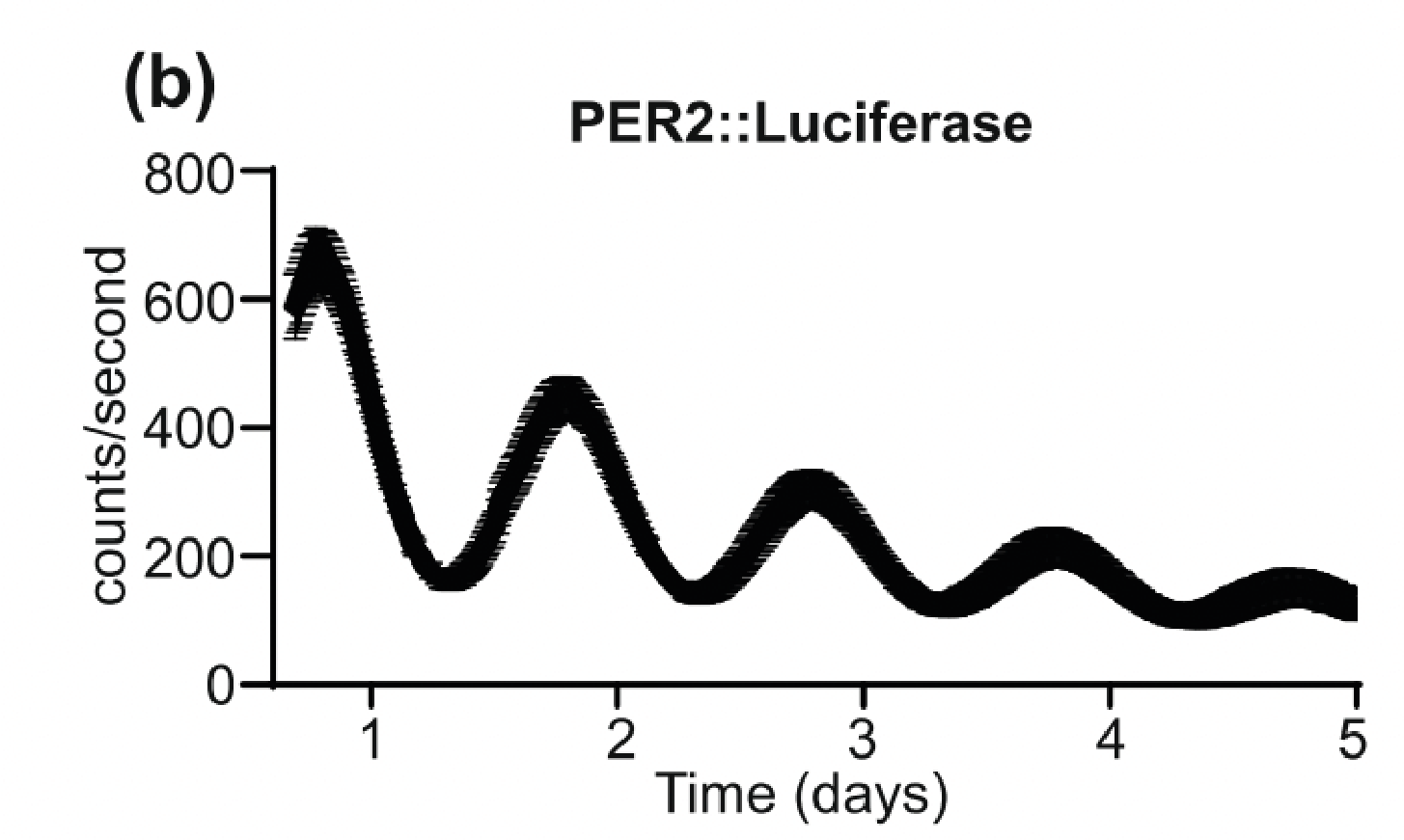OUR RESEARCH
The Curtis Lab investigates how the body clock in innate immune cells, such as macrophages and dendritic cells, directs the function and responses of these cells. Our research focuses particularly on how the body clock controls the inflammatory response, which is a key function of these cells.
The inflammatory response is a natural and protective process to counter infection or damage. However when this inflammatory response becomes compromised it can lead to a number of conditions such as asthma, arthritis, cardiovascular, diabetes, cancer and neurophyschiatric disease. Collectively these conditions are termed Chronic Inflammatory Diseases. We are experiencing an epidemic of chronic inflammatory disease. These conditions are the leading cause of death, and predicted to be responsible for 69% of mortality worldwide by 2030.
We believe that disruption of our body clocks, due to our 24/7 lifestyle and erratic eating and sleeping patterns, is driving uncontrolled inflammation and this is one of the underlying reasons for this epidemic. The cells of the innate immune system are the key controllers of the inflammatory response and we have demonstrated that with clock disruption in these cells, the inflammatory response is dysregulated and leads chronic inflammatory disease.
We use state of the art techniques such as live cell imaging and clock gene reporters to understand the pathways involved. We are particularly interested in how the metabolism is controlled by the molecular clock and the impact of this on the inflammatory response. Understanding these pathways will provide opportunities to develop new medicines and strategies to combat this epidemic of chronic inflammatory disease.
Annie presented work from the laboratory at an ImmunoMetNet Webinar Series during the COVID-19 lockdown in April 2020.
Mitochondria during rest (red) and active (green) phase within Dendritic Cells
We are interested in how the circadian clock controls mitochondrial shape or ‘morphology’ and hence their metabolism and the impacts this has on cellular function
We have shown that in dendritic cells, the clock regulates mitochondrial shape such that during the rest phase they are more networked, and during the active phase they are more punctuate.
This in turn impacts on the dendritic cell response to vaccination, and provides insight into why we see time of day dependency with some vaccines. You can read more about this here
Circadian rhythms in innate immune cells. We use clock gene reporters like Period2::Luciferase to measure the molecular clock within cells over several days. This provides a model in which we can investigate how inflammatory or infectious agents affect our circadian clock in immune cells.


